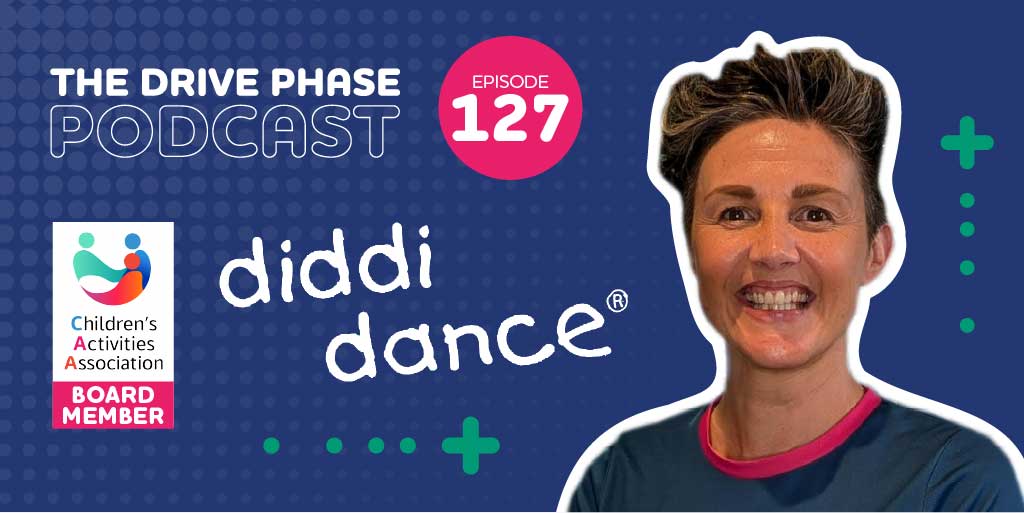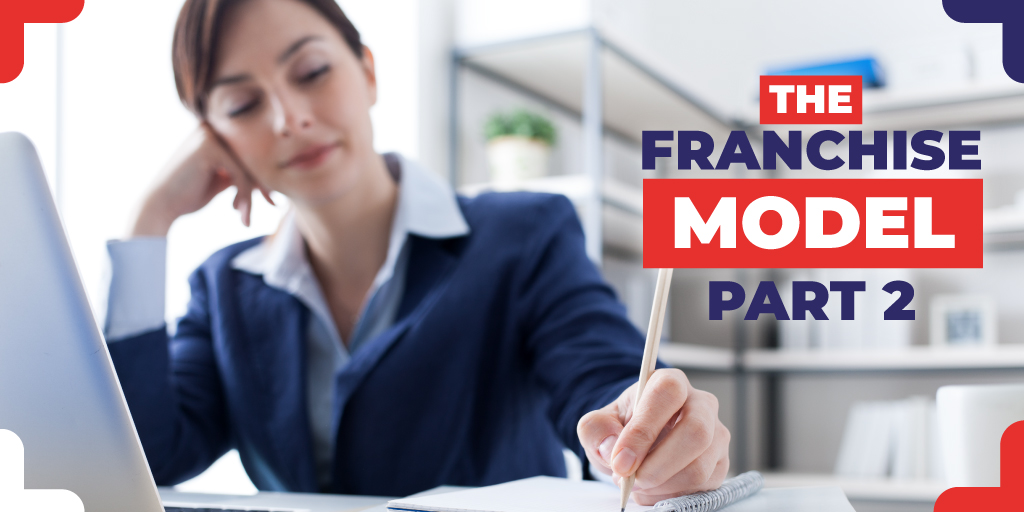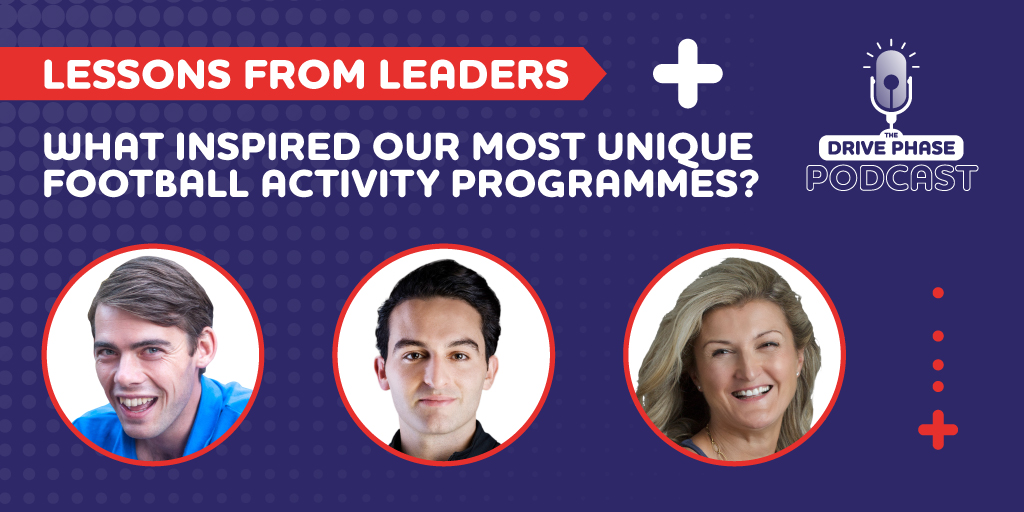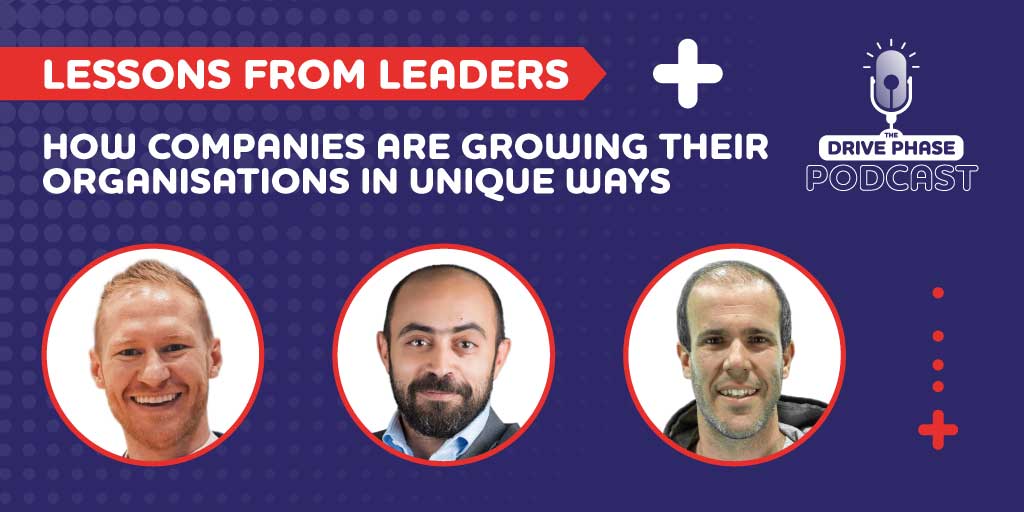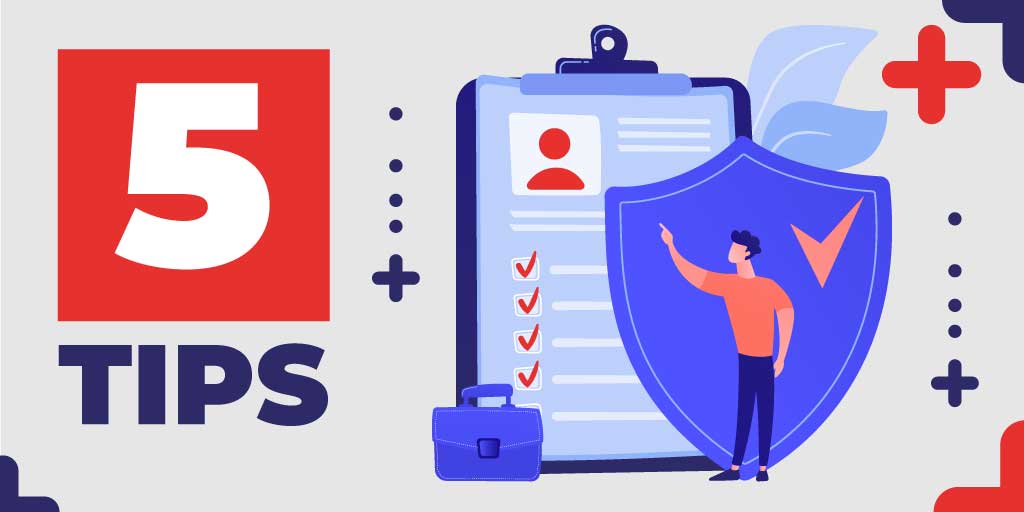When scaling your activities business, knowledge is your best asset. As a part of your own self-discovery, producing a comprehensive plan isn’t half as necessary as acknowledging your future aspirations. However you choose to scale, keeping professionalism and customer service at the base of your model needs to be your central priority.
What’s the difference between scaling and growing a business?
Generally, commercial growth is linear. It refers to a company adding new resources such as capital, people, or technology to increase revenue. Linear growth, though possible, is a huge investment in comparison to scaling an enterprise. Scaling can happen without a substantial increase in resources in the activities sector. That means invariably small changes in technology, methods, or models can increase your return on investment.
The Drive Phase podcast has a range of guests that have gathered local, national, and international customers. Many have sought a scale-up rather than linear growth. With success, however, often comes some failure. The value is in making those failures, but how can they inform the direction of your business?
Produce a plan that details the future of your business
There’s no financial advice that wouldn’t include a business plan when you’re thinking of pursuing a commercial enterprise. Yet a less formal approach can be beneficial when you need a basic understanding of your direction. It will enable you to establish your USP, provide a framework for your current and future staff to work to, and address any challenges.
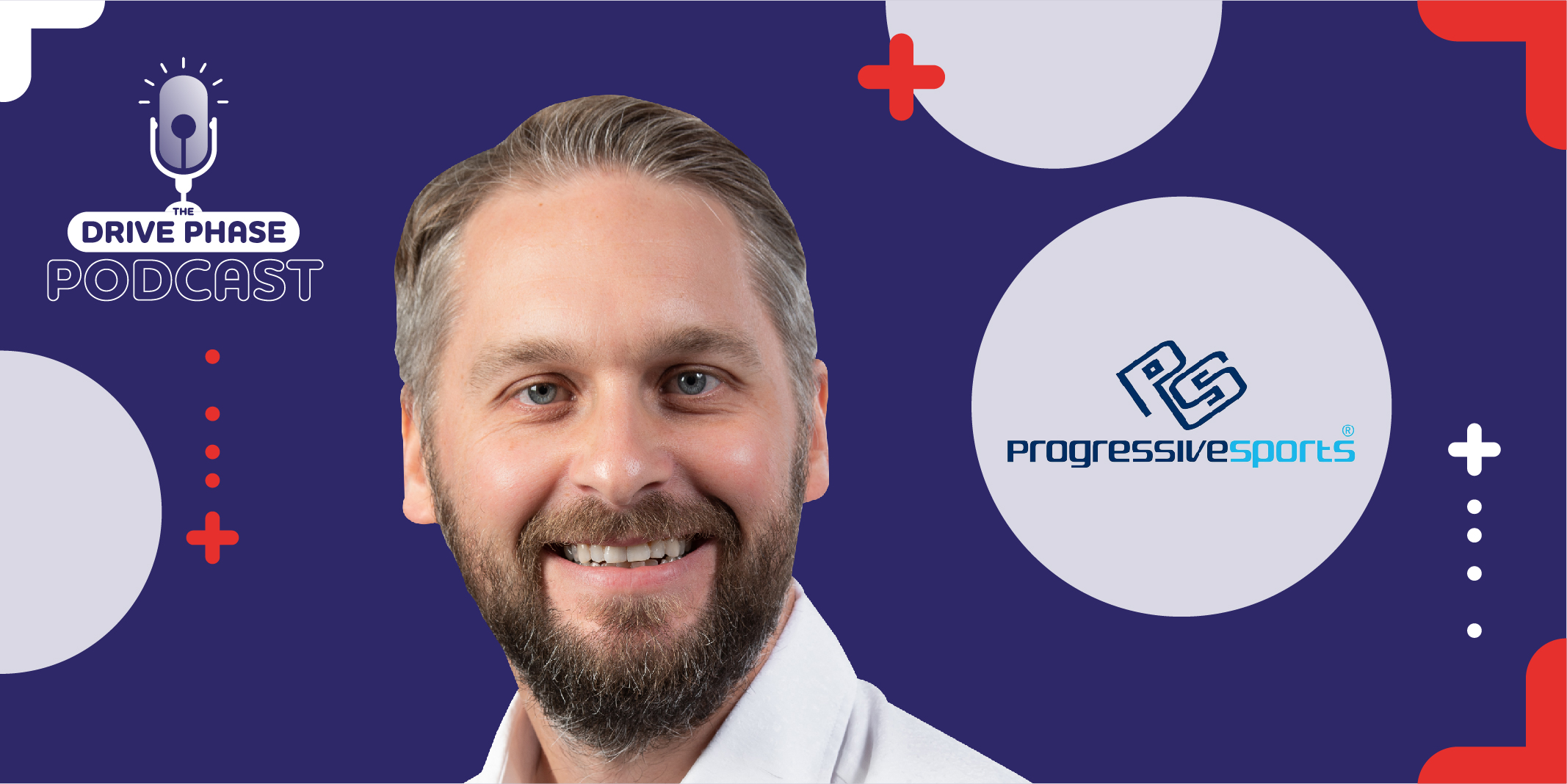
Progressive Sports founder Eddie Ray, CEO of the activities franchise, fleshed out his approach and its benefit to scaling the business, adding:
“You need to know where you’re heading. Some clear objectives, targets, and goals that are not just for you but for the whole team. What you put on paper at this point is what you are striving to achieve.”
He warns that scaling your activities business without even an informal focus on your current situation and future aspirations can be dangerous. Without clarity in this area, scaling will reveal the cracks in your systems and processes and could exaggerate them to the point of failure.
Don’t lose sight of your purpose
A loss of purpose is a direct consequence of not stopping to plan throughout your organic growth period. A lack of or unfocussed direction can heavily impact staff turnover, spreading your resource too thinly and causing a ripple effect for your customer service.
CEO of Active Learning Group, Nigel Miller, has experienced this first-hand. For him, the professionalism in the sector and strongly commercially viable activity programmes can be heavily diluted by spreading your resources too thinly. It will effectively stall organic growth and make scaling difficult or precarious.
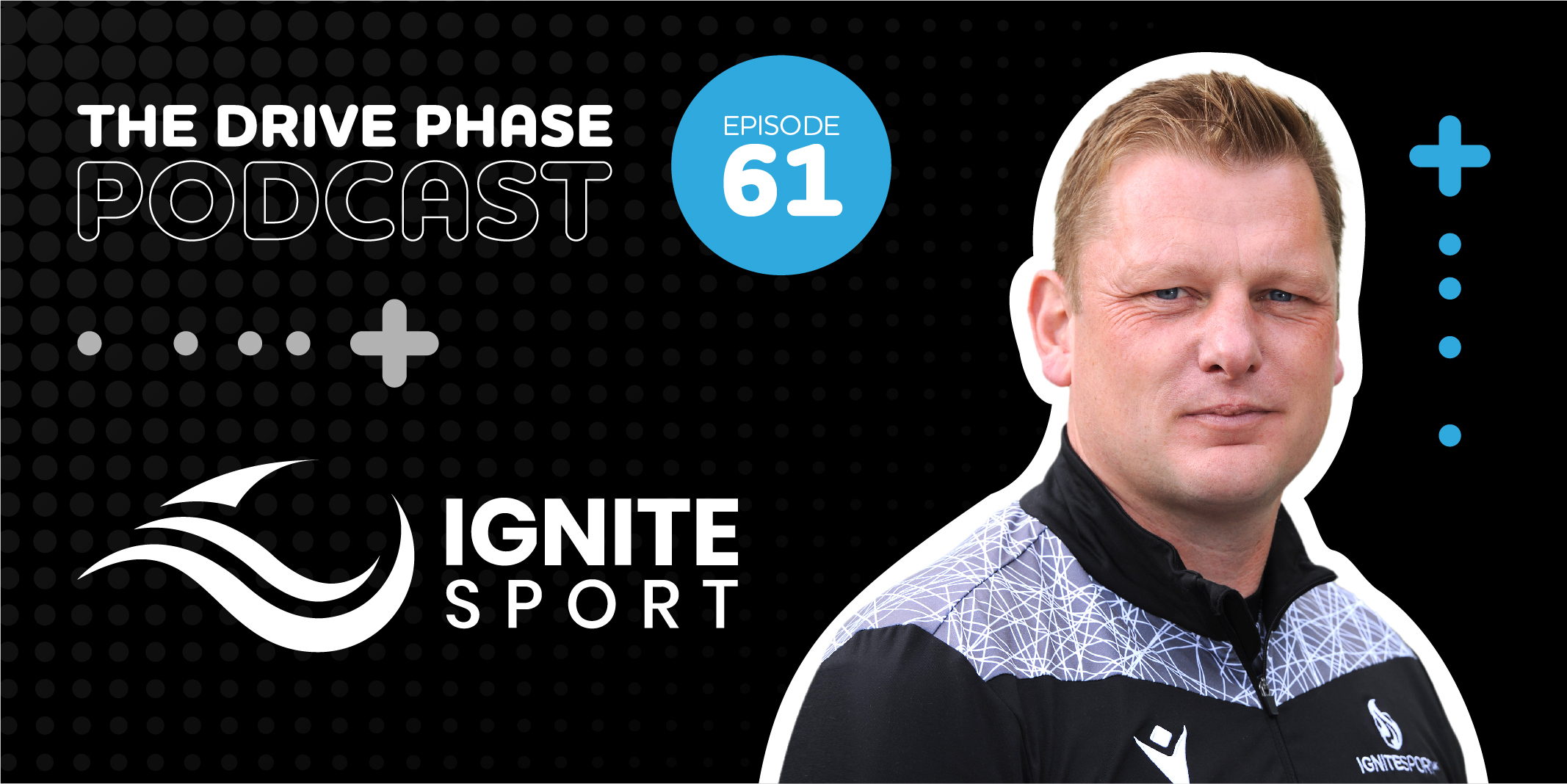
Justin Merritt, Founder and CEO of Ignite Sports, experienced a level of organic growth that impacted their customer service levels. After starting his business modestly in Oxfordshire, he saw exponential growth in the first two years of establishing their business. He pointed out that:
“Without a strongly empowered team, the speed of our growth impacted the level of service we were able to provide. Negative feedback should be a strong indication to any activities business that change is necessary to continue to serve their community and customers.”
Moving your mindset from delivery to management
When it comes to leadership, there is a moment when you need to adjust your relationship with your business. The owner-operator delivery model, where leadership is still a regular part of onsite delivery, can be awkward when you’re scaling your business. Leadership needs to reallocate resources to reduce their contact time. The desired goal is to play a larger role in the oversight, management, and assessment of businesses processes and systems, not onsite delivery.
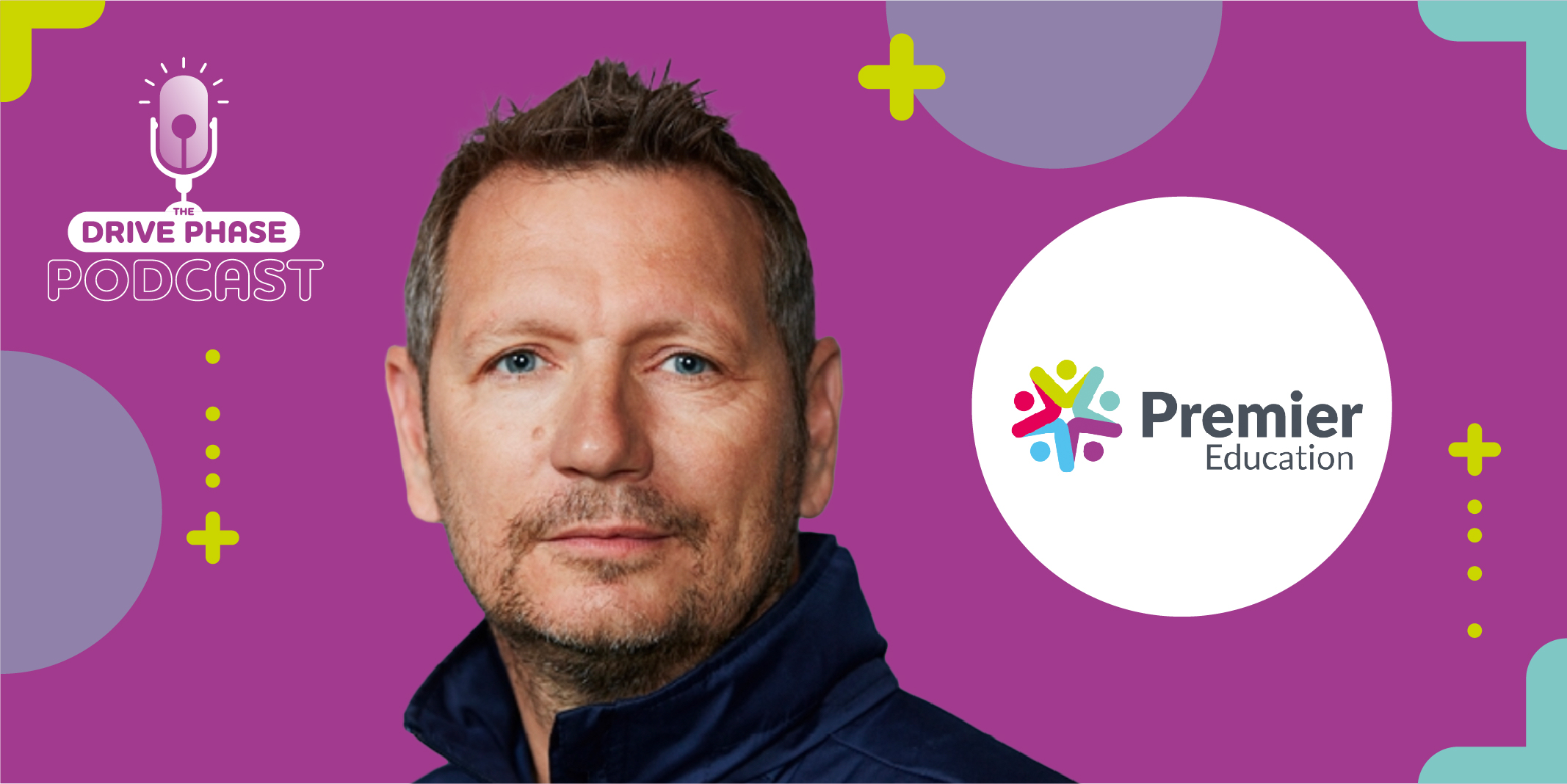
The process of scaling for David Batch, Founder, and CEO of Premier Education, led to the expansion of the business. Premier Education had 20 franchises, so issues of brand identity, franchisee support, and knowledge systems needed to be centralised in their business model. This realisation came as he had begun to seek new avenues for expanding the business:
“I had already taken the approach to sell some equity in the business and acquire finance to help expand Premier Education, some of which didn’t go as planned. I realised that the owner-operator model wasn’t feasible, so it became a question of stepping back to see the business within the framework of the franchise model.”
Predicting when it’s best to step back from delivery can be difficult for any leader. For managers and CEOs, swapping the tracksuit for a suit means often stepping away from what gave them the passion to start their business in the first place.
However, stepping back is an opportunity to see the wider impact that your business has on the communities they serve. It offers you an opportunity to support and expand areas of the business, where the focus becomes how many more customers will have the benefit of your enterprise.
Coordinate Sport releases a weekly podcast, The Drive Phase, which seeks to understand the mindsets, challenges, and opportunities that activities sector leaders experience. To delve deeper into their understanding, listen to The Drive Phase, released every Friday.
In Part 2, we’ll look at how you can scale your business and avoid the traps that keep you fighting fires rather than looking to the future.

